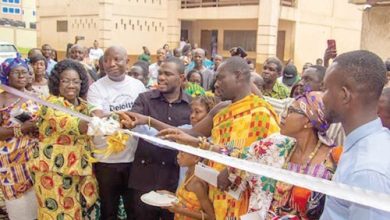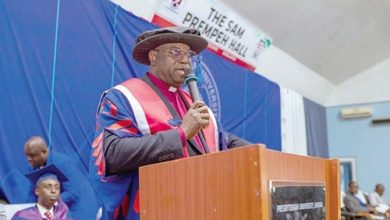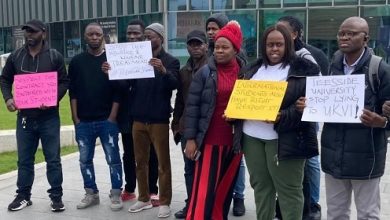Justice delivery must be expeditious
Abtvgh / Ghana Judicial Service Delivery improves
It is a fact that justice delayed is justice denied.

The effects of a failure to deliver justice on time can have a deleterious impact on the lives of all parties involved, in particular the aggrieved party.
This can lead to further violations of fundamental rights.
The negative effects of such delays are much more pronounced where the matter being litigated or prosecuted involves violation of fundamental rights.
Any continued delay of justice constitutes a further breach.
The net effect of this is to place the state in a bad light in relation to its international law obligations among its peers.
The Daily Graphic believes that it is with this same conviction that President Nana Addo Dankwa Akufo-Addo last week urged the Judiciary not to unduly delay cases, saying such practice had projected the country as a destination of long litigations.
He said judges had been well resourced with case management tools to be effective leaders of their courtrooms and must, therefore, change “the unfortunate situation that affects the attractiveness of the country as an investment destination”.
President Akufo-Addo made the call after swearing in two female justices of the High Court at the Jubilee House in Accra.
Tracing the root cause of the undue delay in justice delivery, President Akufo-Addo said until now, it was understood that the common law judge was an independent arbiter who allowed the parties to dictate the pace of cases.
The Daily Graphic fully agrees with the President on this issue of undue delay because throwing more light on it will push the judiciary to find an immediate solution to this major canker that is hurting the image of not only the judiciary, but the country as a whole.
In a country where we pride ourselves as the champions of Rule of Law, the Daily Graphic is of the firm belief that under no circumstance should cases be delayed for no clear or tangible reason.
It is true, as the President alluded, delays had been addressed with the provision of case management in Constitutional Instrument 47 of 2004, including current reforms as contained in Constitutional Instrument 87, in which examination in chief was given in the form of witness statements.
It is also obvious that even more extensive was the requirement of presenting an accused person with all the evidence and exhibits for prosecution.
The paper is aware of cases, particularly, issues of land dispute, among others, that have lasted for 10 years or more in court, to the extent that many of the litigants have passed on to glory.
We have also been informed that most of the delayed cases are as a result of deliberate attempts by counsels of the litigants to buy time to enable them to tackle other matters or pave the way for them to unduly charge their clients higher amounts as a result of the days or years spent in court.
This is obviously a sad situation because in all these, it is the poor with genuine cases who are denied because they cannot simply afford the expensive delays.
There is also the perception which has become facts in the minds of some investors that in Ghana, cases are always delayed and therefore, it is not the best place to invest.
We are deeply worried about these and many other negative sentiments within our judiciary system and we wish to once again add our voice to the President’s call for the judiciary to do all it can within its power to reverse the trend.
As indicated, the dispensation of justice requires that the application of the laws of the land must occur without fear or favour, affection or ill will and without recourse to political, religious or ethnic affiliations of any persons before the court.
When a person falls foul of the law, that person, high or low, must be dealt with accordingly and the law enforcement agencies, including judges, must ensure that is done because as the President unambiguously put it, “That is the true meaning of the concept of equality before the law.”



